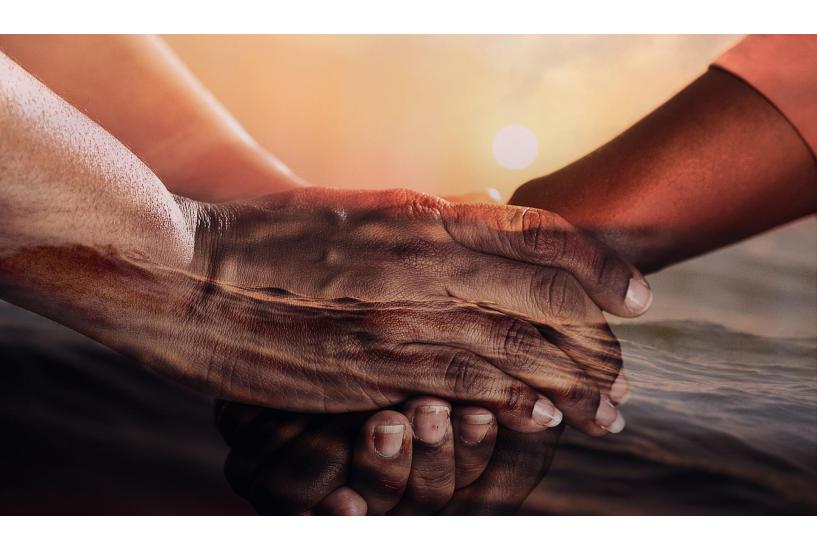Respecting the Gift of Indigenous Teachings
by Richard Katz, Ph.D., Professor Emeritus, First Nations University of Canada, and author of several books, including Indigenous Healing Psychology
“Ancient tribal spiritual knowledge never before revealed . . .” “Three keys to spirituality from a previously secret African ceremony . . .” “An ancient esoteric school of shamanism you can now become part of . . .”
These kind of words are attracting many people. There is the promise of spiritual secrets, of paths toward spiritual progress, all cloaked in the mystery and fascination with remote and hitherto inaccessible sources of knowledge. And there’s the promise that these teachings can become part of our lives -- despite the enormous differences between the source of these “ancient” teachings, Indigenous people in all parts of the world, and the consumers of these teachings, primarily persons living in the industrialized/post-industrial world of the West.
For more than 50 years now, I’ve been trying to better understand the appeal of these promises as I’ve worked with Indigenous healers and elders in different parts of the world. I want to acknowledge my teachers and their communities: /oma djo, from the Ju/’hoansi of the Kalahari Desert; Joe Eagle Elk, from the Lakota of Rosebud Reservation; Rt. Civo, from the Indigenous Fijians of Fiji Island, and Tony and Emma Sand and Danny Musqua from the Cree and Saulteaux First Nations of Saskatchewan respectfully. These are the kind of healers and elders who are considered as potential sources of this ancient knowledge. These Indigenous healers and elders are the First Peoples, the original inhabitants of all the places throughout the world.
I have been given a sacred responsibility by these elders: “tell our story to your people.” It is with respect for my teachers and respect for those seeking their knowledge – those seeking such knowledge can be on a serious, worthy path – that I offer some thoughts and understanding about those Indigenous teachings and their place in our lives. I cannot judge, only pass on what I’ve been taught.
I’m a Harvard-trained Clinical Psychologist, whose graduate work was enlivened by Timothy Leary and Richard Alpert’s psychedelic research. I’ve written six books on Indigenous healing and spirituality, beginning with Boiling Energy: Community Healing Among the Kalahari Kung, published by Harvard Press in 1982, which describes the healing dance of the hunting-gathering Ju/’hoansi of the Kalahari Desert as it occurred in 1968, while still largely fully functioning. The Ju/’hoansi, as hunter-gatherers, represent how we as a species lived for 99% of our existence, and therefore they offer unique evolutionary fundamental teaching.
Since then, three more books have been published by Inner Traditions. Healing Makes Our Hearts Happy: Spirituality and Cultural Transformation among the Kalahari Ju/’hoansi describes my return to the Kalahari 20 years later. It discusses the wrenching challenges to their healing tradition from the impacts of colonization and their powerful resistance to keep that tradition alive. The Straight Path of the Spirit: Ancestral Wisdom and Healing Traditions in Fiji describes my three years living and working with Indigenous healers and community healing. The book, through my deep involvement as a student of a highly respected Fijian healer, offers teachings about the “straight path,” a challenging but especially valuable path toward spiritual growth.
My most recent Inner Traditions book, Indigenous Healing Psychology: Honoring the Wisdom of the First People, is a culmination of my more than 50 years of research with Indigenous elders and healers. The book contains a wealth of spiritual teachings and offers ways in which these teachings can be respectfully absorbed so they can enhance Western approaches to health, healing, community development and the psychological sciences and practices. It contrasts these Indigenous teachings with teachings in Humanistic and Transpersonal Psychology, including personal vignettes about people like Abraham Maslow, Erik Erikson, and Stan Grof. Indigenous Healing Psychology offers a way to support diversity, encourage social justice, and appreciate the spiritual dimension that serves as the foundation and guiding light in our lives.
Indigenous Healing Psychology was written as part of my sacred responsibility to “tell our story to your people.” Drawing upon the material in that book, I’d like to offer some thoughts about Indigenous knowledge and how we may learn from it, with respect and honesty. In that way we can reap the true benefits of those teachings.
I want to restate my honoring of the sincere desire for spiritual understanding which exists in those who seek to connect with Indigenous teachers and teachings. But I also want to offer some comments and cautions, which my teachers have asked me to impart to “my people.” Please forgive me if there is a tone of lecturing in what follows, or an implication that there is some set of points that must be followed. Because this is only a short blog post, my language may not reflect my own humility – I myself am still trying to figure out ways to put into practice the comments that follow.
Most important, these teachers, mostly by the lives they are living rather than explicit words, call out for us to understand and respect the enormous and on-going struggles they face due to colonization and oppression. They have kept their spiritual knowledge and healing ceremonies alive at great risk to their lives; the times in the past when their ceremonies were outlawed remain a poignantly felt reality. Their knowledge is sacred and they continue to struggle against the racism and poverty that invades their lives so that they can continue to cultivate that knowledge and make it accessible for transmission.
As those who seek to learn from this knowledge, we need to constantly remind ourselves of that soil of suffering from which that knowledge springs. And we need to develop ways to give back, and to give back in practical ways. These Indigenous healers are not hoarding their knowledge; it is available to others. It is freely given, but is not “free” – we must “pay” for that knowledge with our own humble commitment to build on that knowledge to help others.
Another very important point is that Indigenous teachings and ceremonies are for service: service to others, to the community, to our universe. These teachings and ceremonies are not primarily for our own spiritual growth, unless that growth becomes the springboard for more effective and sensitive contributions to the well-being of others.
An implication of this service orientation is that Indigenous knowledge and ceremonies are not to be offered for profit, especially financial profit. So many times, I’ve been told by Indigenous elders: “we do not charge for ceremonies, nor for our teachings.” If we receive teachings or healings, we make an exchange – e.g., giving a gift of support – but there is not such a thing as a “fee for service.”
As to the Indigenous teachings themselves, I’ve been cautioned to focus on the “principles” not the specific ceremonies. Principles include values such as honesty, humility, vulnerability, and respect—these are teachings we can all seek to live by. But performing a ceremony, whose roots and life blood are from another very different cultural setting, is deeply problematic. Elders have advised me to seek out ceremonies performed by true practitioners. Such practitioners would preferably be from within the cultural community that created the ceremony, been properly given the ceremony by elders in the community, as well as have earned and maintained the respect of that originating community. This would be in sharp contrast to examples where a ceremony is performed from someone outside that community, who, employing a cover story of “authenticity,” has in fact appropriated the ceremony. That would be akin to spiritual theft, and Indigenous elders would see this as continuation of other thefts coming with colonization, such as the theft of Indigenous lands. The principles expressed in the teachings, I’ve been told, are the “heart” of the teaching; the ceremonies are only one form of expressing that “heart.”
Yet there are many ways we can enhance our Western-based healing work with Indigenous teachings if we focus on principles rather than ceremonies. For example, we can make our work more honest, delivered with more humility, and respect more deeply those we work with as supremely special being as they are parts of creation, expressions of the Great Mystery. That’s one of the paths I’m seeking to create and follow.
I’ve tried to share what the Indigenous elders have given me in an honest and respectful way—and I pray I’ve done them rightful honor with my words. But what you receive is entirely up to you. For I am no one to judge another—and that is a teaching I’ve received which is near the top of my list of things to keep working on. I only hope this blog has been of some help in furthering understanding.
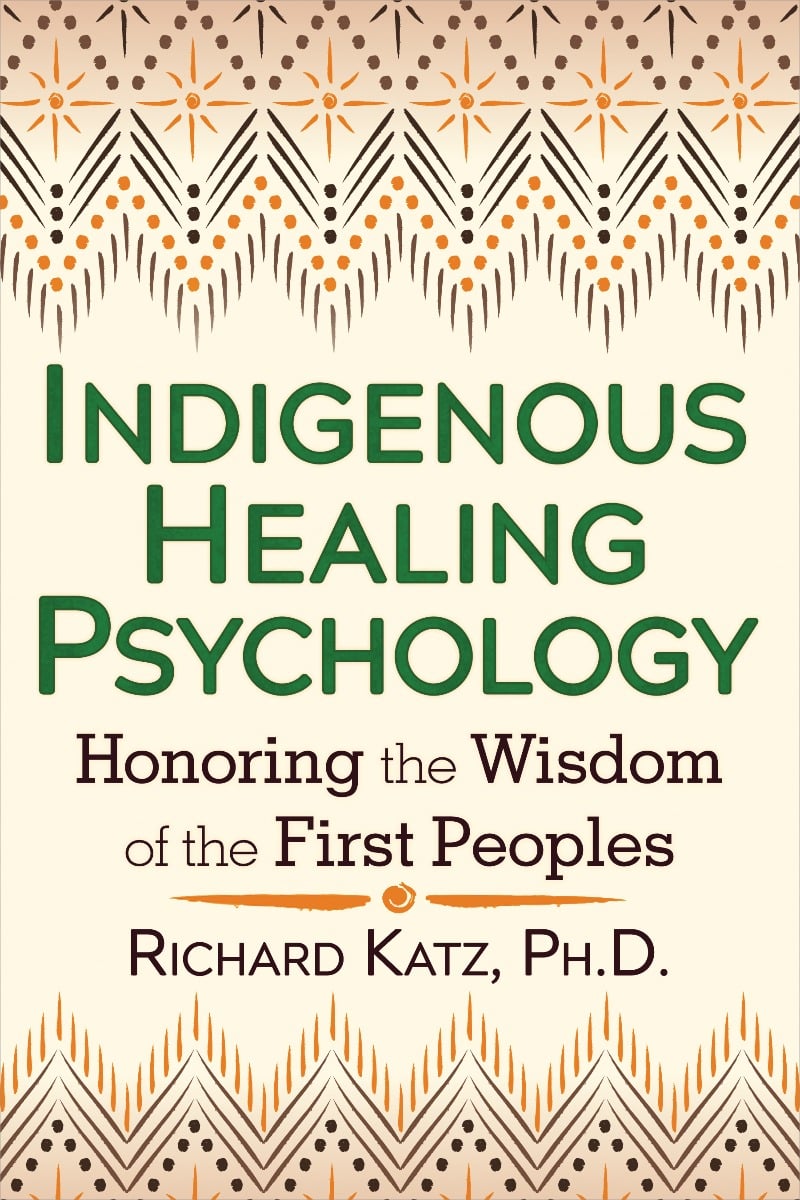 |
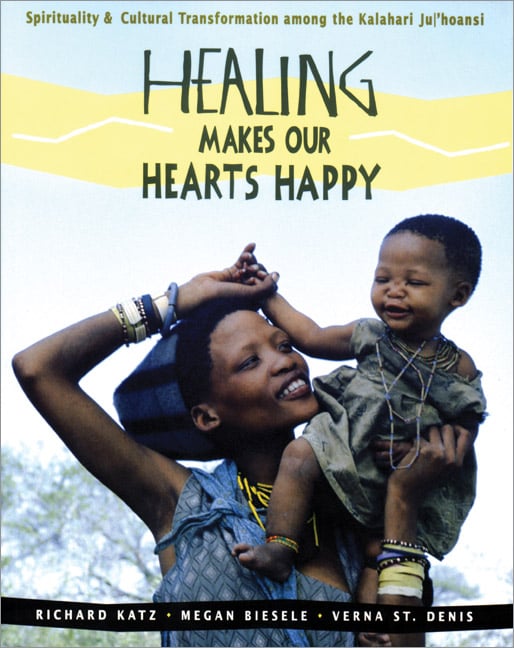 |
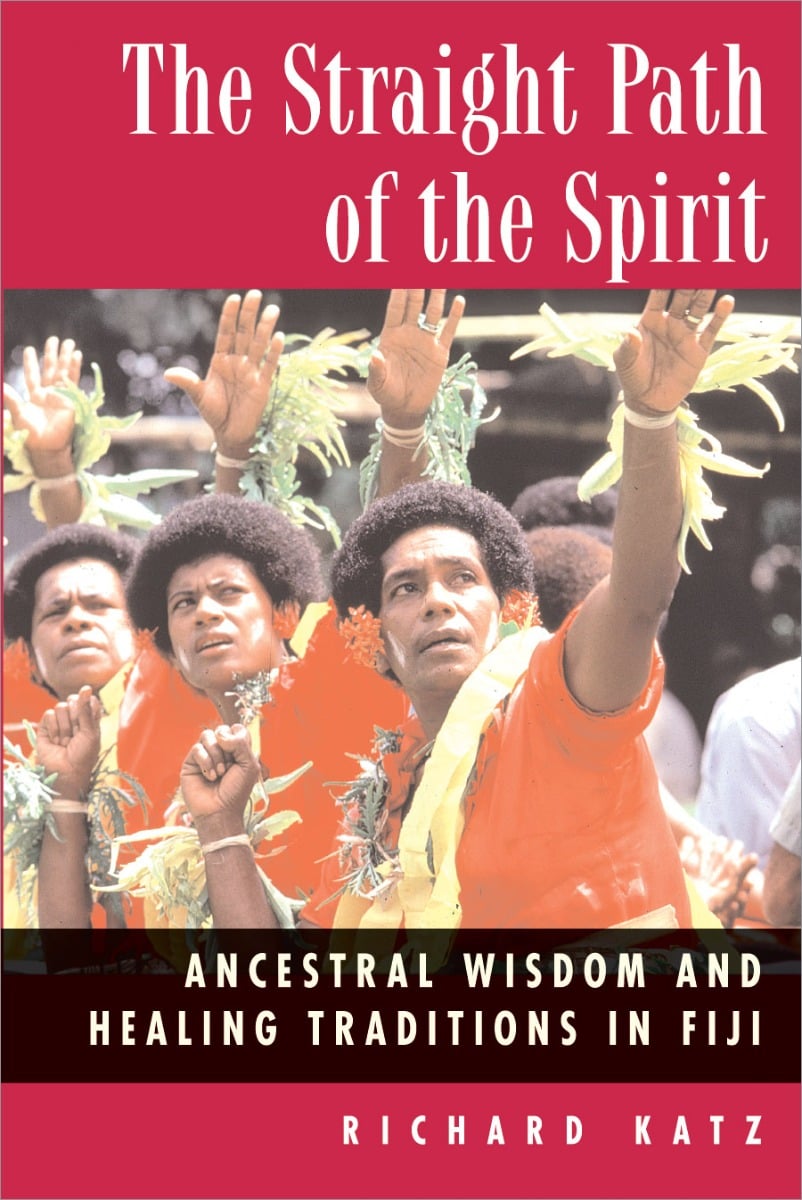 |
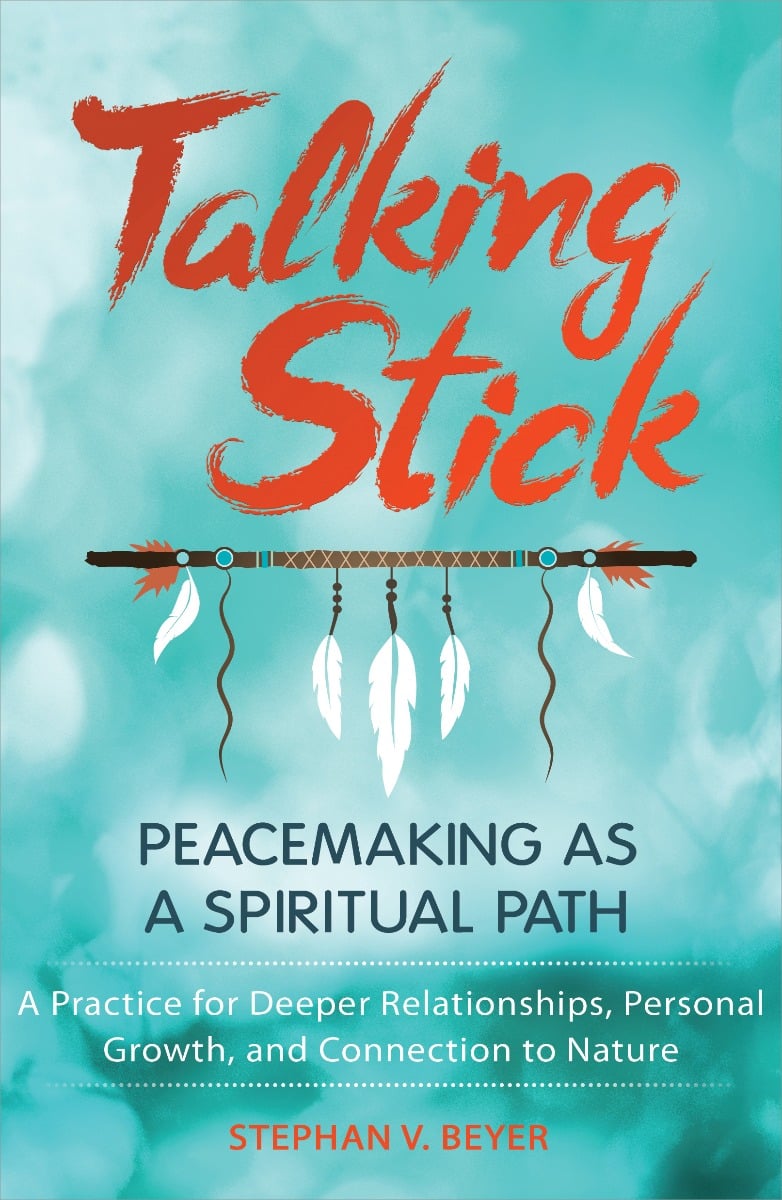 |
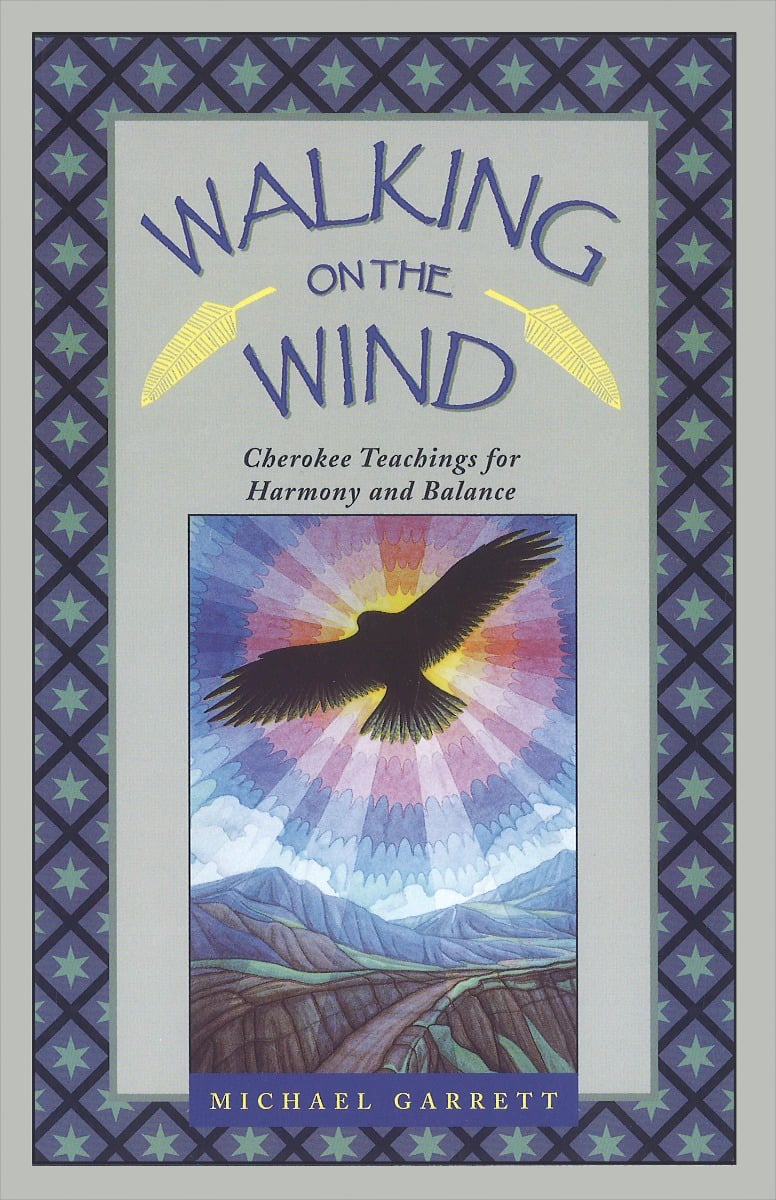 |
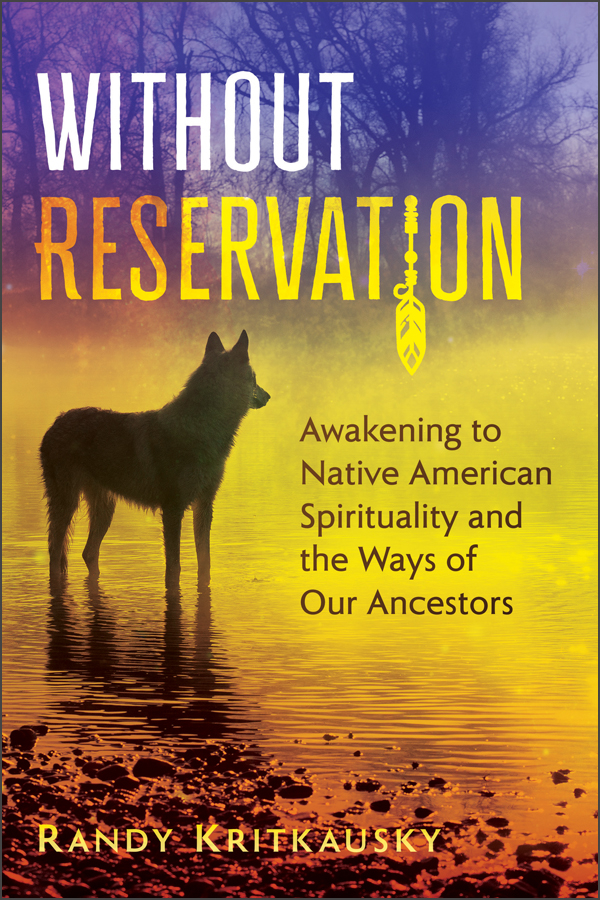 |


